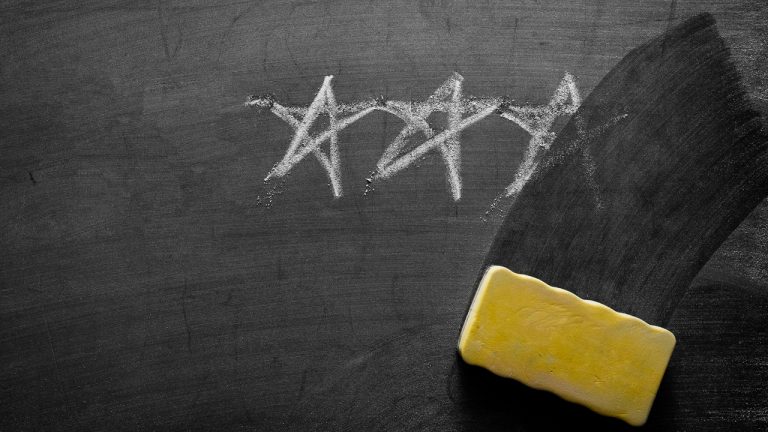
China’s oldest credit rating agency, Chengxin International Credit Rating (CCXI), made headlines this week by downgrading the United States’ credit rating. The agency lowered the rating from AAAg to AAg+ and attributed this decision to the escalating political discord, rising inflation, and the ongoing impasse over the debt ceiling.
U.S. Credit Rating Suffers Downgrade by Chinese Credit Agency Amidst Debt-Ceiling Issues
China’s Chengxin International Credit Rating (CCXI) has joined the chorus of credit agencies expressing concern over the United States’ credit rating. Following earlier warnings from Moody’s, S&P, and Fitch regarding the debt ceiling standoff, CCXI has now downgraded the U.S. credit rating.
In alignment with its counterparts, CCXI points to the lingering debt ceiling issue as a primary reason for the downgrade. Additionally, the agency highlights the exacerbation of political divisions, which has further complicated the negotiation process.
“The intensification of political divisions between the two parties in the United States has increased the difficulty of resolving the debt-ceiling issue,” CCXI’s downgrade notice details. Beijing’s credit agency added that a “deterioration in fiscal strength and frequent breaches of the debt ceiling continue to erode the credit base of the U.S. dollar.”
While CCXI took the bold step of downgrading the U.S. credit rating, the credit agencies Fitch, Moody’s, and S&P have chosen a different path. Rather than downgrading the rating like CCXI, these three agencies have opted to place the U.S. rating of “AAA” on watch.
“The Rating Watch Negative reflects the mounting political partisanship that hampers the timely resolution to raise or suspend the debt limit, with the approaching x date adding urgency,” Fitch elaborated in their assessment.
CCXI’s downgrade notice echoes this sentiment, emphasizing that even in the event of a consensus, confidence has been adversely affected. “Even if a consensus is reached, the brinkmanship would pose uncertainty to the U.S. government’s policy path and dampen economic confidence, which could trigger further volatility in U.S. politics and the economy,” the CCXI notice explains.
In the aftermath of credit agencies downgrading the U.S. banking sector due to the collapse of three major U.S. banks, the country now faces the repercussions of a credit rating downgrade. Notably, this marks the first instance of a Chinese institution openly stating concerns about the U.S. debt ceiling. The impact of sovereign rating declines extends beyond the immediate, as they have the potential to elevate short-term borrowing costs across various sectors.
What impact do you think the credit rating downgrade by China’s Chengxin International Credit Rating (CCXI) will have on the United States? Share your opinions and insights in the comments section below.
from Bitcoin News https://ift.tt/zAOB6yP
Comments
Post a Comment